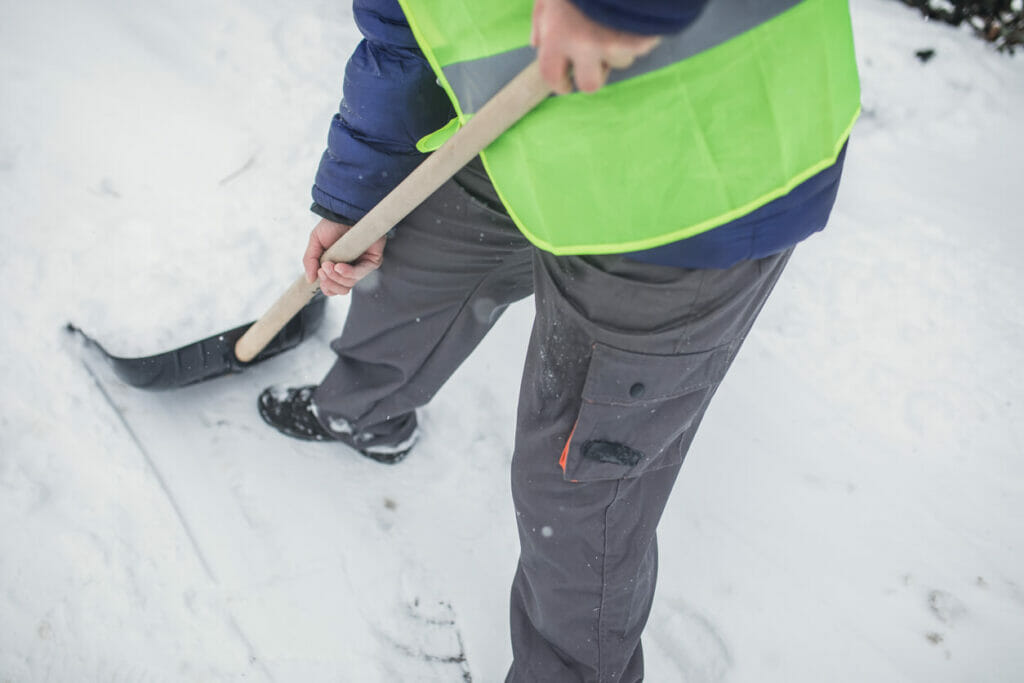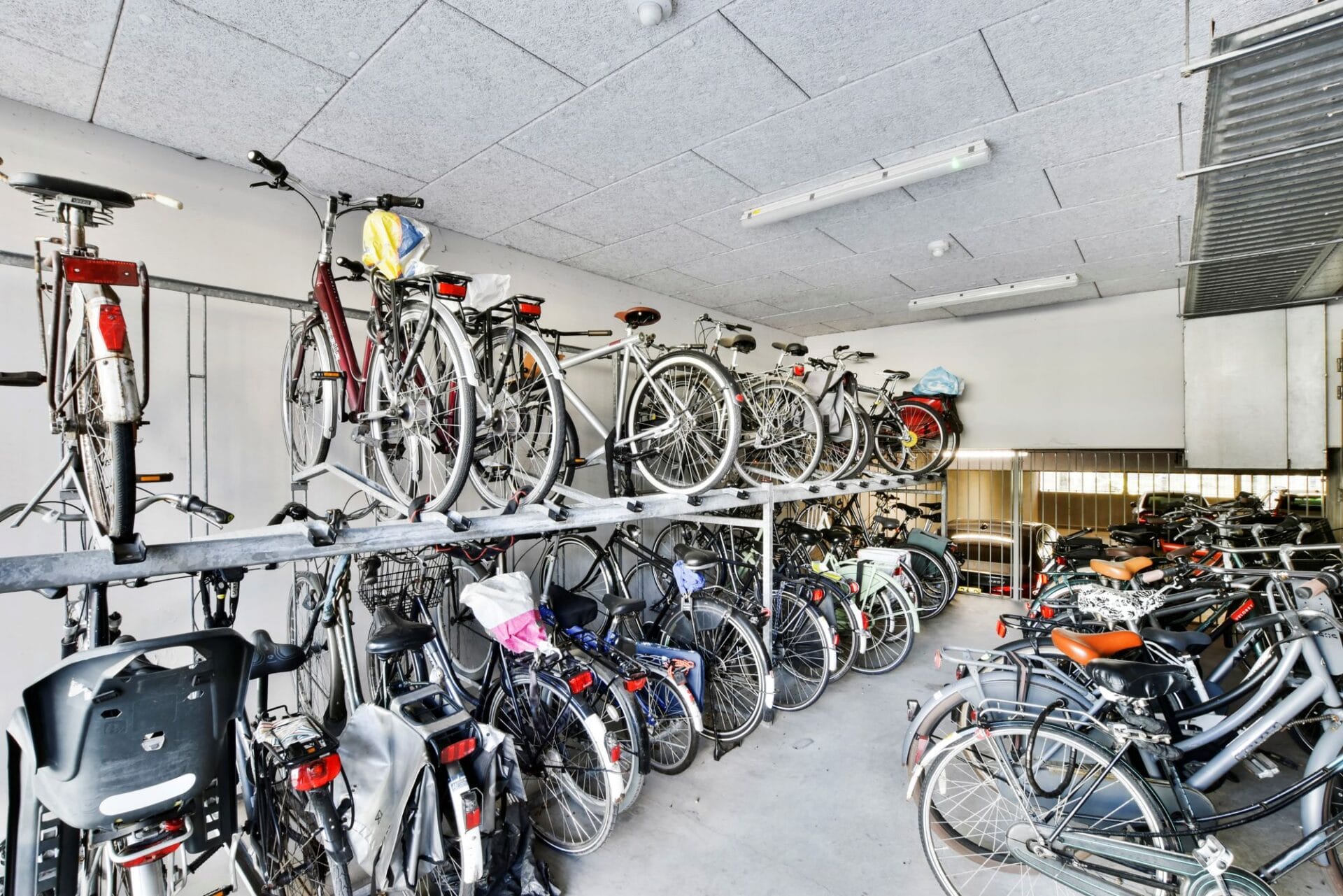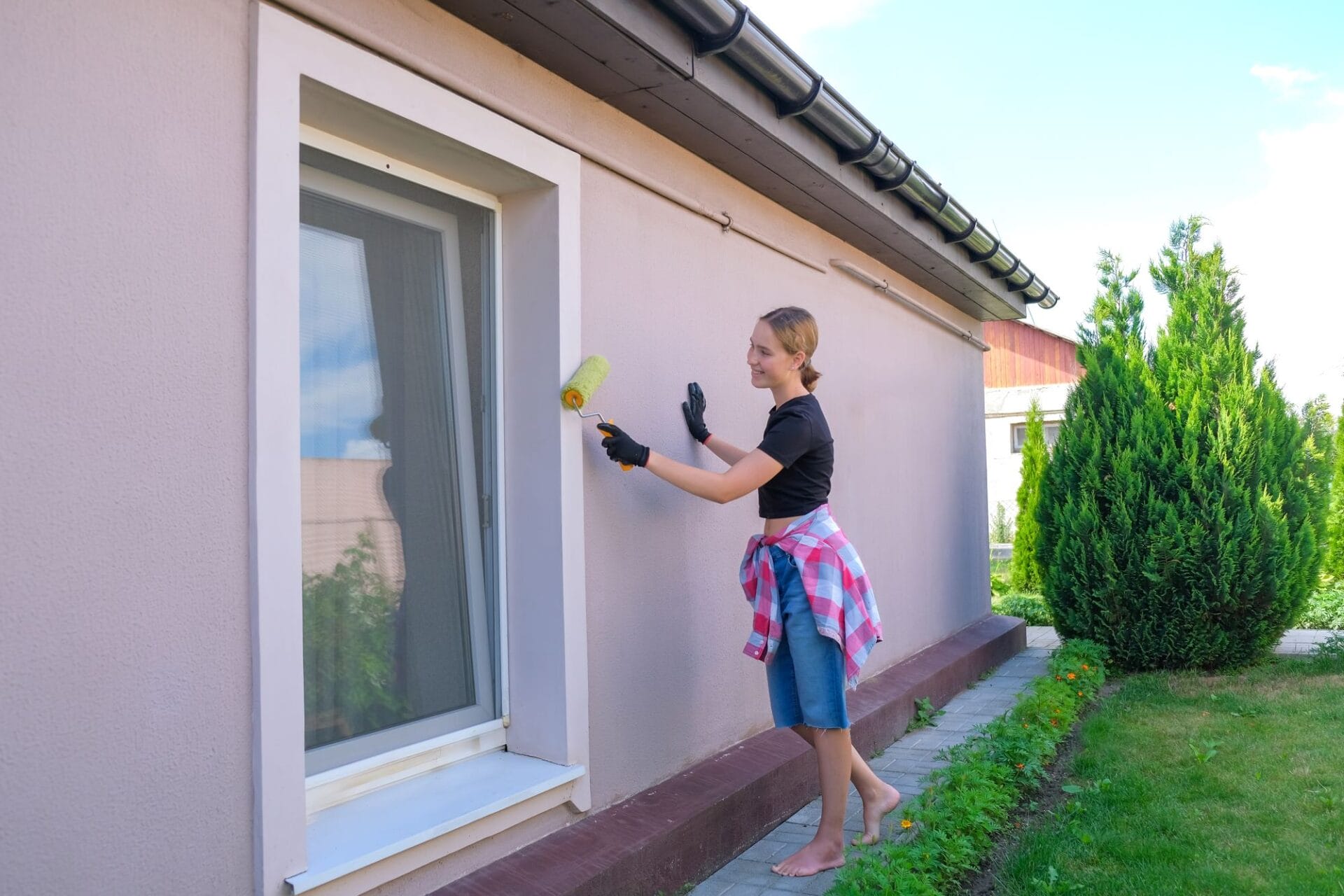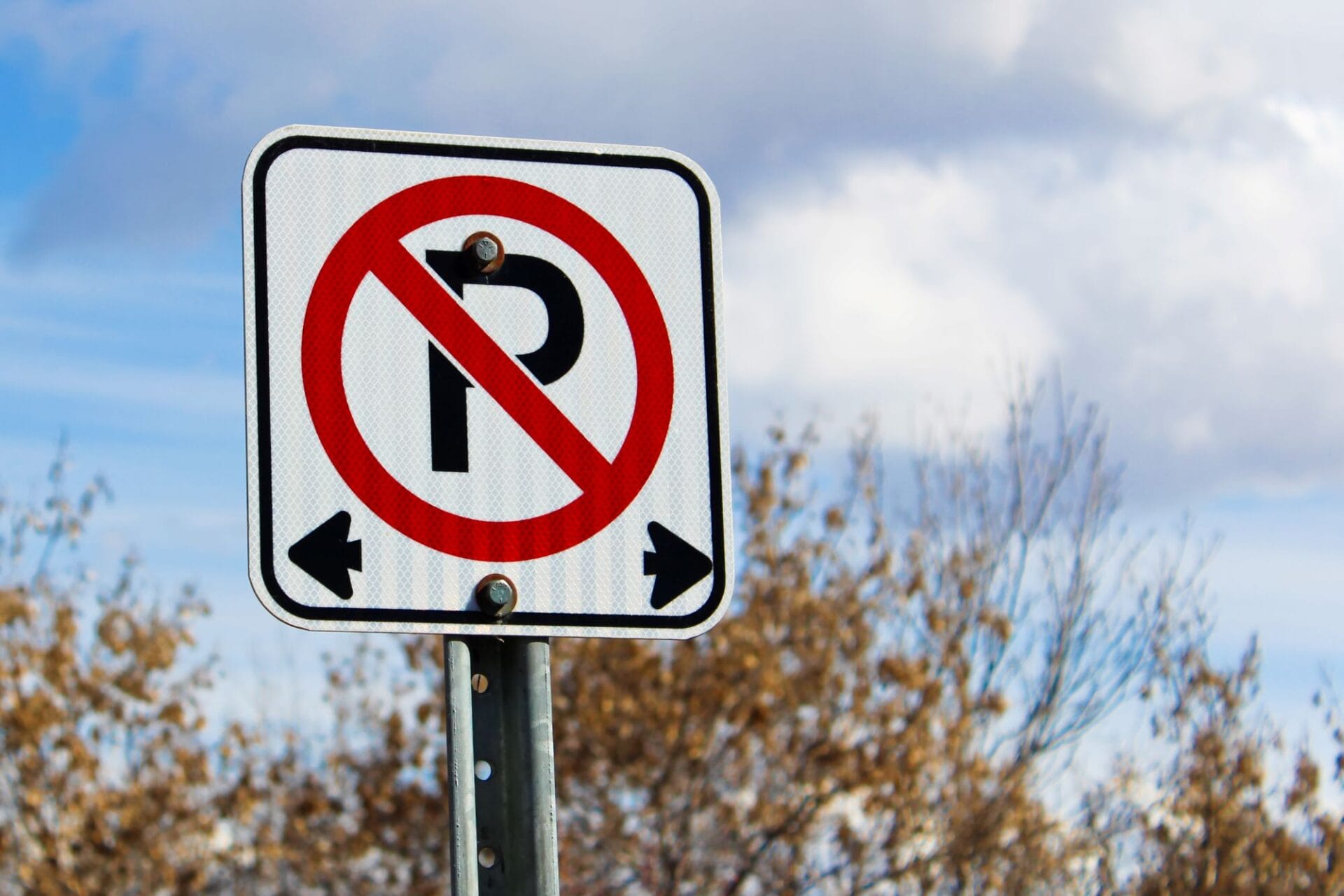Inflation has inflicted financial pain on individuals and organizations alike. 2022 offered a return to more familiar routines and celebrations. However, the economy has become more volatile post-pandemic.
Inflation has affected many communities, with several condos and HOAs reporting that they’ve increased annual fees by 3-5% for the 2022 budget year. Unfortunately, this is not the end of it.
Most communities will need to raise annual dues by 10-15% in 2023 in order to keep up with inflation. It’s a tough reality, but it’s much better to plan for a more expensive year than ignore the facts. If adjustments are not made now, communities may struggle to keep up with bills and maintenance later on. Communication and planning will be critical in order to confidently lead your corporation or association through this challenging time.
Plan on more expensive services and longer completion times
There are some things condos and HOAs can do to reduce the impact of inflation. However, there’s not too much they can do about vendor fees or supply chain issues.
- Supply chain delays are resulting in slower projection completion times
- Salaries and wages are increasing due to labor shortages. That also means it may be harder to find a service provider
- Prices for materials, gas, and fertilizer are up
- Maintenance and repair costs have soared
- Premiums for insurance may be 15-30% higher
On top of this, there may be more delinquencies since owners are dealing with other inflated costs. These factors must be taken into consideration when planning and budgeting for the new year.
Preparing for a costlier new year
It may be possible to reduce some costs, but condos and HOAs will also need to think about how much they can raise dues, whether a loan is an appropriate option, and how they will communicate information about finances to owners.
1. Conduct a reserve study
Condos and HOAs order reserve studies so that boards know how much they should have in their reserves. However, if your most recent reserve study didn’t account for a high inflation rate, it may be outdated. Whatever the community thought it would need for future major repairs and replacements is likely much higher now than it was two or three years ago. Margins need to be considerably higher since labor and supply costs will increase.
2. Prepare to increase fees
Annual budgets are created based on the expenses the condo/HOA expects to incur during the next calendar year. That includes ongoing maintenance, operation expenses, and contributions to the reserve fund. The total number determines how much the association will collect from each owner.
Because costs are constantly on the rise, most condos and HOAs are accustomed to increasing fees. But this year may be more challenging if the increase is 12% instead of 3%. Here are a few things to keep in mind when releasing the budget.
Be transparent with owners
Boards are strongly encouraged to share financial news with owners sooner than later. They are not going to be happy about it, but at least it gives them some time to assess their own finances and see what they need to do in order to cover the increased costs. Don’t give half-truths or false hope. Be clear about why the increase is so significant, and be receptive to questions.
Make sure someone is available to speak with owners who are concerned about making payments on time. While it’s not always possible, some communities may be in a position to develop temporary payment plans for owners who are unable to cover all of their dues at this time.
Be mindful of limits on fee increases
Depending on where your development is located, state/provincial laws may impose limits on fee increases. Some states limit assessments to a certain amount each year, or require members to support the increase if the amount is high.
In Arizona, for example, an HOA cannot increase dues by more than 20% per year without support from the majority of members of the HOA.
Your condo or HOA may also impose its own limitations when it comes to increasing assessments. Generally speaking, condos and HOAs will raise dues 5 to 10% each year, however, check your CC&Rs to see what they say. You made need a vote from all members if you intend to increase fees by more than 10%.
3. Finish ongoing projects now
Don’t put off finishing projects that are already underway. The longer they take, the more expensive they will get.
4. Agree to long-term relationships with vendors
Before renewing contracts with existing vendors, be direct and ask about price increases. While you may not get an exact number, vendors should be able to give you a realistic estimate.

If the corporation can’t accommodate the new increase, it may be time to look for another vendor. Boards are encouraged to shop around, but just keep in mind that everyone’s prices will be increasing.
Locking into multiyear contracts with vendors can also lead to savings, and you may be able to negotiate a better deal if you are agreeing to be a long-term client. Aim to get longer contracts for services like lawn care and snow removal.
5. Cut costs, if possible
In addition to raising fees, the condo or HOA may be able to reduce costs if there are nonessential items on the budget. Just be mindful that cutting away too much can lead to other problems, including lower curb appeal and property values.
Another option is to invest in software that can save the association both time and money. A platform like Condo Control will give staff and board members the ability to accomplish more in less time. They also make fewer costly errors. And, communities spend less on paper, ink and mailing costs, expenses associated with organizing and hosting meetings, and much more.
While software is an investment, an effective property management platform ends up saving communities money.
6. Special assessments
A special assessment is an unplanned expense or levy that an association/corporation imposes on owners when there’s not enough money to pay for a repair or cost. Usually, special assessments are levied if the reserve fund is too low.
In most cases, special assessments cannot legally be approved unless:
- The board meeting at which it was approved was advertised as the community’s bylaws require
- The special assessment vote is listed on the meeting agenda in advance of the meeting
- There was a satisfactory amount of deliberation
- A quorum of board members was present to vote on the issue
- The vote was duly noted in the meeting minutes
- The results of the vote were shared with all members in accordance with the community’s bylaws
Special assessments should be used as a last resort. However, sometimes they are necessary. Just ensure to give your owners lots of time so that they are scrambling to make payments in time. It is also a wise idea to consult with an attorney if you are planning to levy a special assessment.
7. Loans
HOA loans and lines of credit help associations fund a variety of projects and expenses. Loans may be a viable option if the interest rate is reasonable. The association will need to pay the loan back, and that will probably mean raising annual dues to get the money. However, it may be more practical to take out a loan and raise next year’s fees by a more manageable amount than dramatically increase fees.
8. Grants
Grants take a lot of work to obtain, but it’s definitely worth taking a look to see if your community may qualify for additional funding. There are different types of grants, including federal and private grants, that can assist your community with all kinds of upgrades and repairs.
Conclusion
Condos and HOAs will be impacted by inflation. The best thing that communities can do to cope with the increased costs is to plan and communicate. Keep owners in the loop, look for ways to reduce costs, and be thoughtful about how money is invested.






















